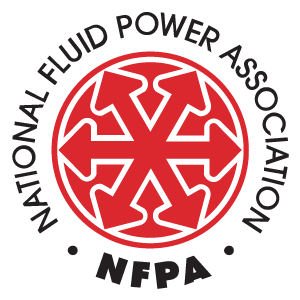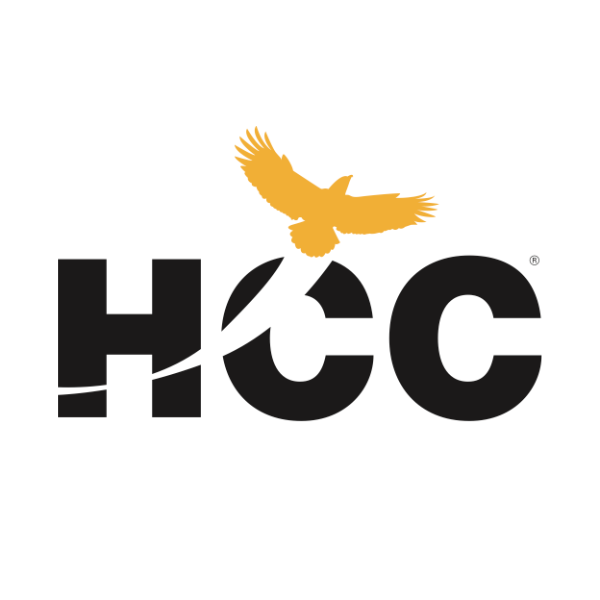As part of an effort to bring more information about the regulatory and legal environment facing American manufacturers, NFPA is monitoring the newsfeed of the National Association of Manufacturers (NAM) and will be bringing important updates like this to the attention of NFPA members.
If implemented, a safety standard proposed by the Consumer Product Safety Commission for table saws will harm manufacturing in the U.S., the NAM told the CPSC.
What’s going on: “The Commission’s proposed rule itself outlines that, if implemented, the cost of table saws would more than double, small manufacturers may be forced to exit the market, businesses may be unable to operate and sales of table saws will decrease,” NAM Senior Director of Tax Policy Alex Monié said during testimony at a hearing.
The rule would require table saws—those motor-driven, wood-mounted, circular saw blades used daily in multiple industries to cut wood, plastic and other materials—to come equipped with patented active injury mitigation technology.
Bringing currently on-the-market table saws into compliance could cost manufacturers from $100,000 to $700,000 per model and take up to three years, Monié said.
The background: In October 2023, the CPSC voted to issue a Supplemental Notice of Proposed Rulemaking promulgating the table saw safety guideline, in response to the petition of a company that holds more than 100 patents “related to the AIM technology the Commission would mandate,” Commissioner Peter A. Feldman told fellow commissioners that month.
There are voluntary safety standards in place for table saws, requiring modular blade-guard systems, and these “are working as the market demands,” Monié told the commissioners.
Instituting a monopoly: In addition to costing manufacturers huge sums, the proposed standard “would have the effect of instituting a monopoly, as the proposed rule is the latest in a series of Commission actions to impose a standard that could be achieved only through the use of one claimed patented technology,” Monié continued.
Unjustifiable rulemaking: Under the Consumer Product Safety Act, the CPSC cannot issue a mandatory standard unless it has found that an existing voluntary standard fails to or does not adequately prevent or reduce the risk of injury.
“The CPSC admits that it does not have adequate data to determine that the current voluntary standard will not reduce the risk of injury,” Monié went on.
What should be done: The CPSC should withdraw the proposed standard, he said, and “readdress the cost and burden analysis in the proposed rule, with a more tailored focus on small manufacturers.”
Recent Posts
Fall 2024 Fluid Power Recruitment Event with NIU
RSVP for our Fall 2024 Fluid Power Recruitment Event with Northern Illinois University (NIU). NIU is one of seven universities recognized as a Power Partner, teaching fluid power competencies and engaging in all NFPA educational programs. At this event, your company will have the opportunity to connect directly with NIU engineering students. Engaging in meaningful conversations,…
Now Announcing: Cuyahoga Community College as a Fast Track Hub in Ohio
NFPA’s Fast Track to Fluid Power is a workforce development pathway that partners local technical colleges with fluid power industry members and high school teachers. These networks create awareness and interest in fluid power and train students along a path that leads to careers in fluid power at NFPA member companies. We are pleased to…
Now Announcing: Houston Community College as a Fast Track Hub in Texas
NFPA’s Fast Track to Fluid Power is a workforce development pathway that partners local technical colleges with fluid power industry members and high school teachers. These networks create awareness and interest in fluid power and train students along a path that leads to careers in fluid power at NFPA member companies. We are pleased to…



